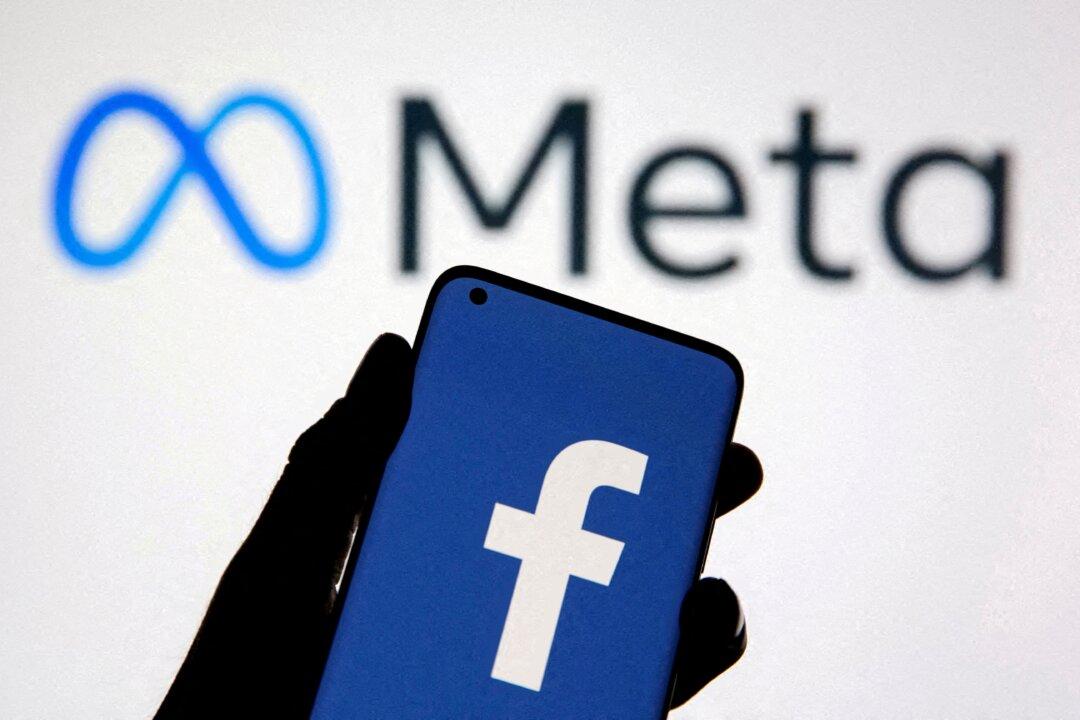Meta, Facebook’s parent company, on Tuesday said it removed accounts linked to two unconnected covert operations in China and Russia seeking to influence political narratives in the United States ahead of the midterms in November.
In addition to seeking to influence U.S. domestic politics ahead of the midterms, the Chinese operation targeted the Czech Republic’s foreign policy toward China and Ukraine, and to a lesser extent, Chinese- and French-speaking people around the world, according to Meta.





